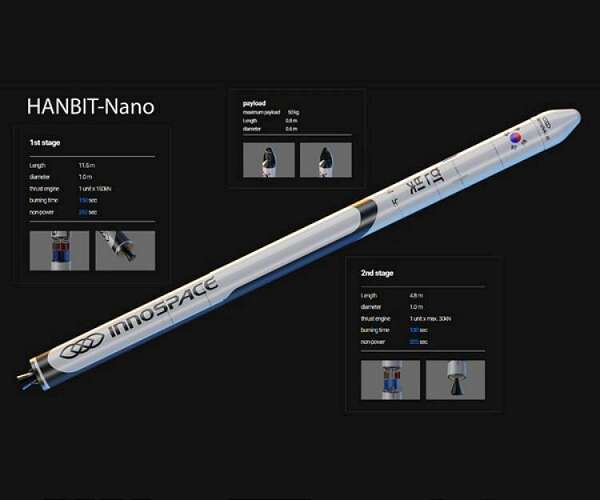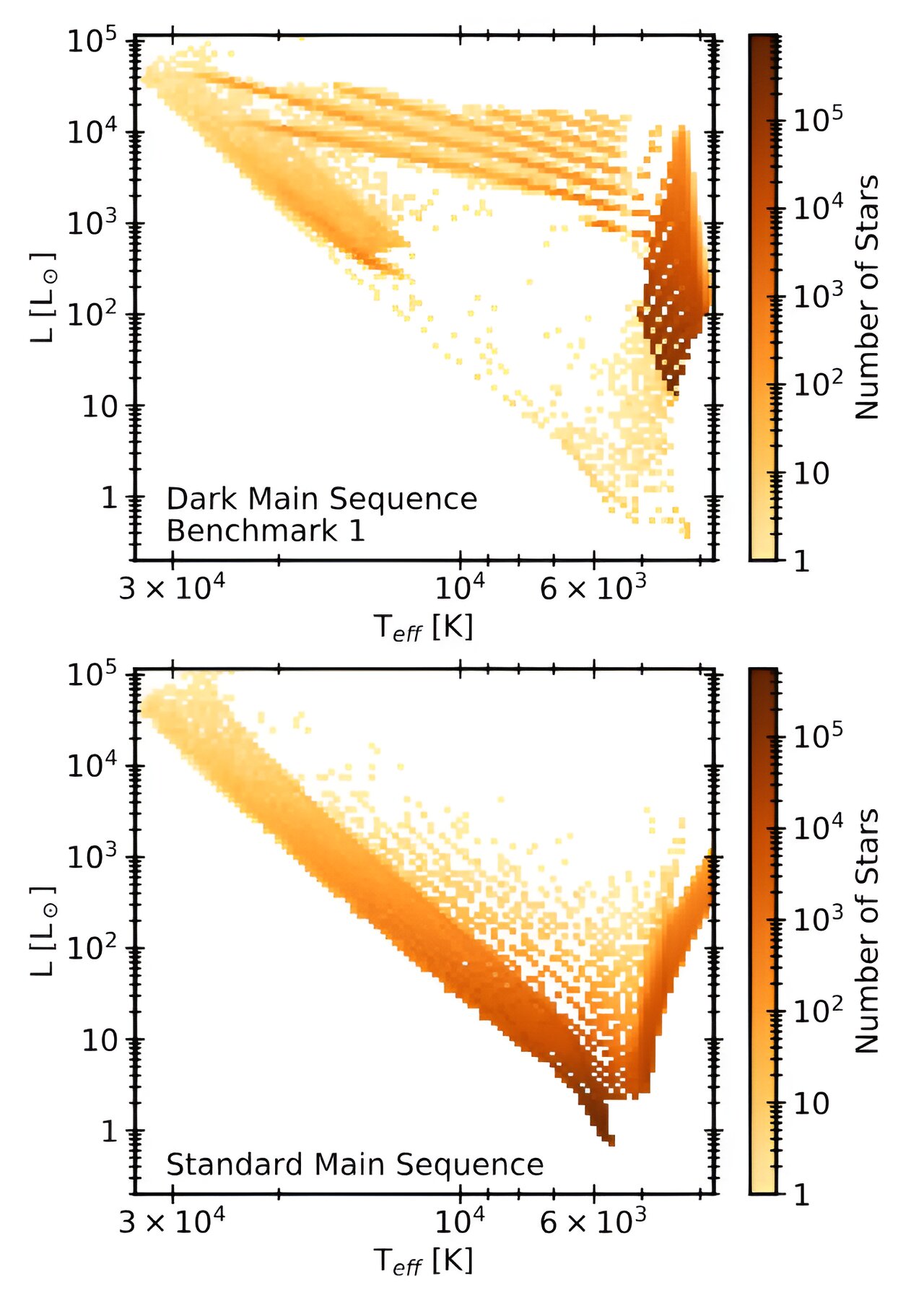The impending general election is likely to silence the UK government regarding space initiatives. In the run-up to the election, official organs are to follow a set of rules in order not to prejudice voters.
Vanda Green, a UK diplomat at the EU, posted to LinkedIn a list of the changes to bureaucrats’ work:Key restrictions:1. No Major Policy Announcements: Government departments and agencies are prohibited from making significant policy announcements or decisions that could be seen as advantageous to any political party or candidate.2. Limited Publicity: Publicity and promotional activities are heavily curtailed. This means that there should be no new public information campaigns or the release of potentially controversial information.3. Consultations and Publications: New consultations and the publication of significant reports are usually postponed until after the election to avoid influencing the electorate.4. Official Visits and Launches: Ministers and high-ranking officials should avoid making official visits or launching new initiatives that could be perceived as electioneering.5. Impartiality: Civil servants must maintain strict political neutrality and not engage in any political activities or express partisan opinions.
Going dark before the general election
On a practical level, this means that the UK Space Agency and the Department forScience, Innovation & Technology will need to temporarily shelve any announcements about funding rounds or new allocations and awards. At the same time, government representation at events such as the 29 May opening of Spaceport SaxaVord can be expected only in their absence.
The ban on such activity stands in stark contrast to the American experience during elections, when activities such as government officials speaking at events, as well as executive actions that can win over voters are commonplace. While it does make government agencies appear to be more impartial, the work that organs such as UK Space Agency and the Civil Aviation Authority can go underreported.




